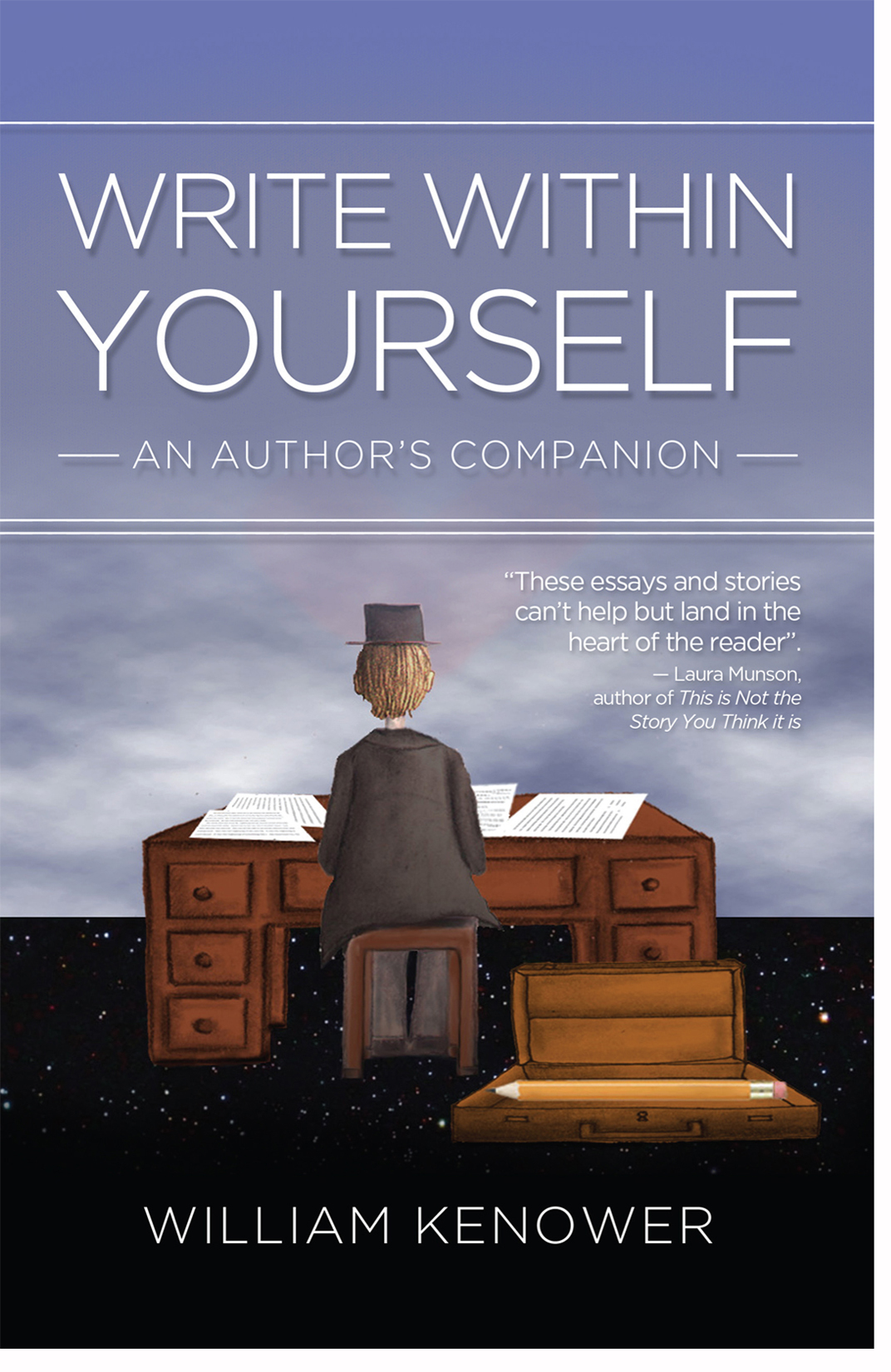Numbers Usually Lie
It was the first writers conference I had ever attended and Michael Curtis, then the fiction editor for the Atlantic Monthly, was sharing some numbers with my fellow writers and me. The Atlantic published one short story per issue, and received, on average, 12,000 submissions a year—meaning what was the then the most prestigious venue for aspiring literary fiction writers had a literal 99.9% rejection rate. The conference room’s occupants let out a plaintive moan, and my heart clenched. I hated those numbers. It wasn’t just that the mathematical odds of getting published in the Atlantic were worse than winning a scratch lottery ticket, it was the idea that chance had anything to do with success and failure in the game of writing. On good days, writing felt like a game I could only win, for it was played entirely within me and I could change the rules as it pleased me. On bad days, of which there were plenty back then, it felt exactly like a game of chance I was merely waiting to lose.
Curtis smiled and raised a reassuring hand. “Of those 12,000 submissions,” he continued, “about 10,000 should never have been sent. I know within one paragraph it’s not for us. Another 1,000 are decent enough stories, but still needing a lot work. When you get down to it, we probably only receive 250-300 that are really in the ballpark. I know that many of those will go on to be published elsewhere if I reject them. Some will certainly be anthologized.” He shrugged. “That’s how it goes. I can only choose twelve.”
What pleased me about the whole story was not that the numbers got substantially better by the end, but that the numbers had been deceiving. I would rather know that numbers lied so that I could ignore the story they appeared to be telling me, and get back to one I wanted to tell myself.
Write Within Yourself: An Author's Companion.
"A book to keep nearby whenever your writer's spirit needs feeding." Deb Caletti.
You can find Bill at: williamkenower.com


